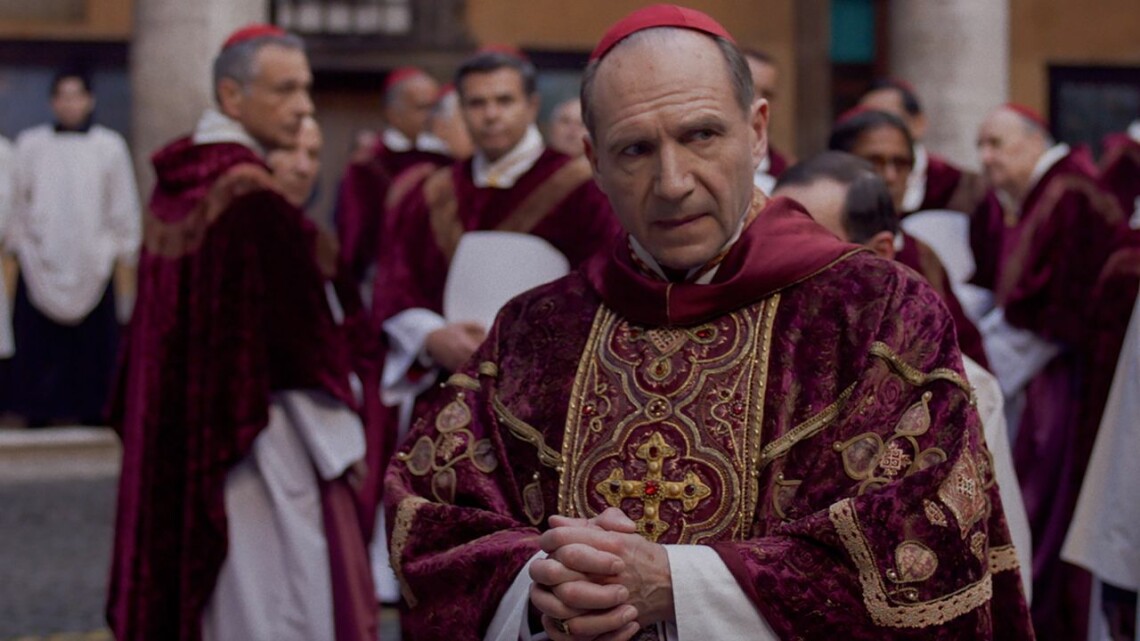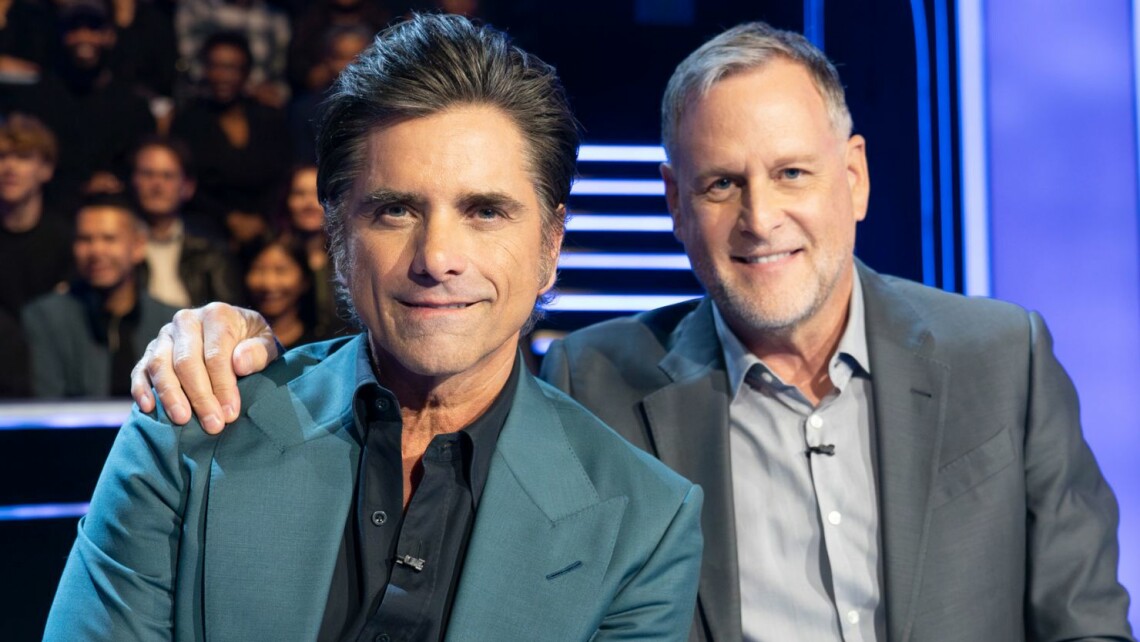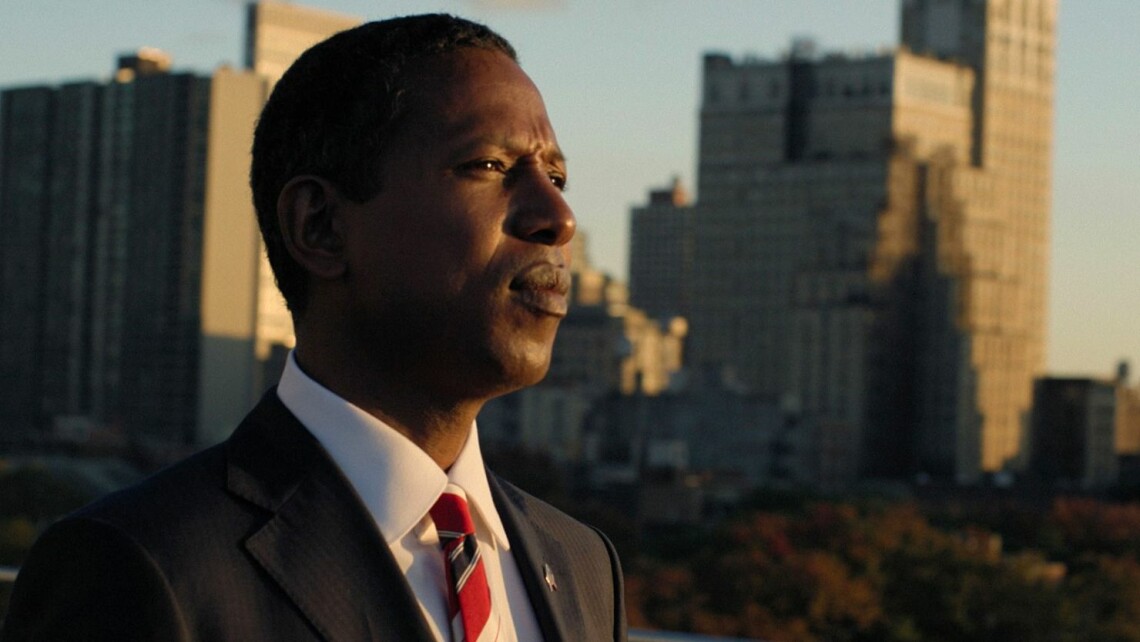How accurately does 'Conclave' portray the papal election process?

This year has been a whirlwind in the political arena, making it quite apt for a new film to delve into an ancient and veiled voting ritual: the election of a new pope. "Conclave," directed by Edward Berger of "All Quiet on the Western Front" fame, presents a captivating ensemble of Ralph Fiennes, Stanley Tucci, Isabella Rossellini, and John Lithgow. The film vividly captures the enigmatic blend of mystery, tradition, and most notably, the intricate politics of the papal selection process.
Anticipation surrounds this cinematic endeavor, which has already garnered whispers of acclaim. It draws its narrative from Robert Harris’s 2016 thriller, a novel that explores the intersection of divine power and human ambition, envisioning the dynamics of a future conclave. At the heart of the plot lies a palpable tension amongst the Vatican's highest echelons, torn between spiritual devotion and the pursuit of prominence. The film portrays the hushed conversations within Vatican halls and the discreet maneuvering in a process where overt ambition can be detrimental.
Yet, "Conclave" has not escaped censure from certain church circles. Bishop Robert Barron, founder of the Word on Fire Catholic media ministry and a formidable presence on social media, urged followers to "avoid it at all costs." He criticized the film for ticking "practically every woke box" and for suggesting the church’s path forward lies in embracing "progressive mantras of diversity, inclusion, and doctrinal indifference." Barron argued it unfairly depicts church leaders as rife with ambition, corruption, and egotism, casting conservatives as xenophobic extremists and liberals as self-serving plotters.
The movie seeks to illuminate the ideological struggle within the church during a papal election, spotlighting the clash between progressives and traditionalists, the contentious role of women, and a crisis of faith embodied by Fiennes’ Cardinal Lawrence. Observers of the church eagerly ponder whether the next real-life conclave will yield a pope in the open-minded vein of Pope Francis or if opposition forces may pivot towards a different path. For the cardinals, the task is to select a candidate with broad appeal and integrity, guided, in theory, by the Holy Spirit’s influence.
Steven P. Millies, head of the Bernardin Center at the Catholic Theological Union in Chicago, noted the film's portrayal resonates with cardinals' accounts of conclaves as exercises in "thoughtful coalition-building," contemplating the church's future. "A conclave is a political event in the noblest sense," he told CNN, emphasizing its reflective, even prayerful nature. While politicking exists, it doesn’t negate the Holy Spirit’s presence. Whether the Spirit is heeded remains the cardinals' burden. The sacred process involves strict confidentiality, insulating cardinals from external influence, including media and messages, as they deliberate over several days.
Only cardinals under 80 participate, casting votes in the Sistine Chapel under the awe of Michelangelo’s "Last Judgment." Votes are penned on paper, then burned after counting. Voting persists until a candidate achieves a two-thirds supermajority, signaling success with white smoke from the chapel's chimney.
"Conclave" strives for authenticity. Harris crafted his novel with insights from the late Cardinal Cormac Murphy O’Connor, a participant in the 2005 and 2013 conclaves, while screenwriter Peter Straughan and the filmmakers received a private Sistine Chapel tour. The film nails many specifics, from cardinals with overnight bags to pre-vote cigarettes, recreating the guesthouse—Domus Sanctae Marthae—where they reside, and the communal setup for transport and meals. It also faithfully depicts rituals like sealing the deceased pope’s room, destroying his ring, and using chemicals for smoke signals.
Some minor inaccuracies persist, such as the layout of tables in the Sistine Chapel and the formal address among cardinals. Yet, the most implausible element is the film’s unexpected conclusion, which remains unspoiled here. Jesuit priest and church analyst Tom Reese provided this review to CNN: "Superb acting and production, but the plot twists defy belief."
For Millies, the film transcends its finale or papal selection mechanics. It’s a tale of one cardinal’s spiritual struggle and renewal—a journey he finds "beautiful to watch.


